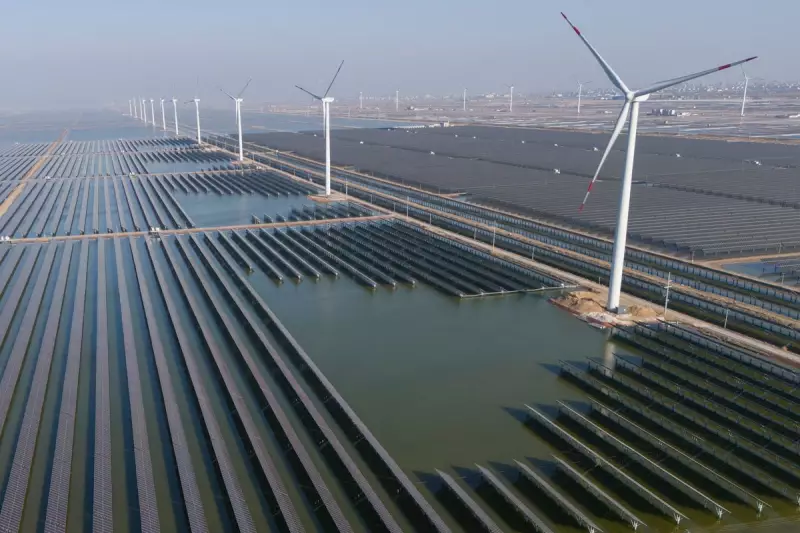
In a strategic diplomatic manoeuvre that could reshape global climate negotiations, China has positioned itself as the leading voice for developing nations ahead of the critical COP30 summit in Brazil. President Xi Jinping's recent address to the United Nations signalled Beijing's intention to champion the environmental interests of the Global South.
A New Climate Alliance Emerges
During his virtual speech to the UN General Assembly, President Xi emphasised that developed countries must shoulder greater responsibility for climate change mitigation. "We need to fully appreciate the environmental challenges facing developing countries," Xi declared, framing climate action as both an ecological imperative and a matter of international equity.
The Chinese leader's comments arrive at a pivotal moment, with Brazil preparing to host the 2025 UN climate conference in Belém. Beijing appears to be forging a powerful alliance with Brasília and other emerging economies, potentially altering the balance of power in environmental diplomacy.
The Brazil-China Climate Partnership
Brazilian President Luiz Inácio Lula da Silva has actively courted Chinese support for what many are calling the "Amazon COP." The two nations have strengthened their environmental cooperation significantly, with China emerging as a crucial partner in Brazil's efforts to combat deforestation and promote sustainable development.
This partnership represents a notable evolution in China's international environmental stance. While remaining the world's largest emitter of greenhouse gases, Beijing is increasingly framing itself as a bridge between developed and developing nations in climate discussions.
Implications for Global Climate Negotiations
China's repositioning carries significant implications for upcoming climate talks:
- Increased pressure on wealthy nations to fulfil climate finance commitments to developing countries
- Potential reshaping of negotiation blocs beyond the traditional developed versus developing country divide
- Enhanced focus on technology transfer and capacity building for emerging economies
- Greater emphasis on adaptation measures alongside emission reduction targets
Environmental analysts suggest this move could either accelerate global climate action or create new diplomatic friction, depending on how Western nations respond to China's increasingly assertive environmental diplomacy.
The Road to Belém
With COP30 still eighteen months away, China's early positioning indicates that the Belém summit may become one of the most significant climate gatherings since the Paris Agreement. The developing world, representing the majority of global population and increasingly bearing the brunt of climate impacts, appears to have found a powerful advocate in Beijing.
As one UN diplomat noted anonymously, "When China speaks about climate justice for developing countries, the listening gets very serious in Western capitals." The stage is set for a potentially transformative period in global climate politics.





